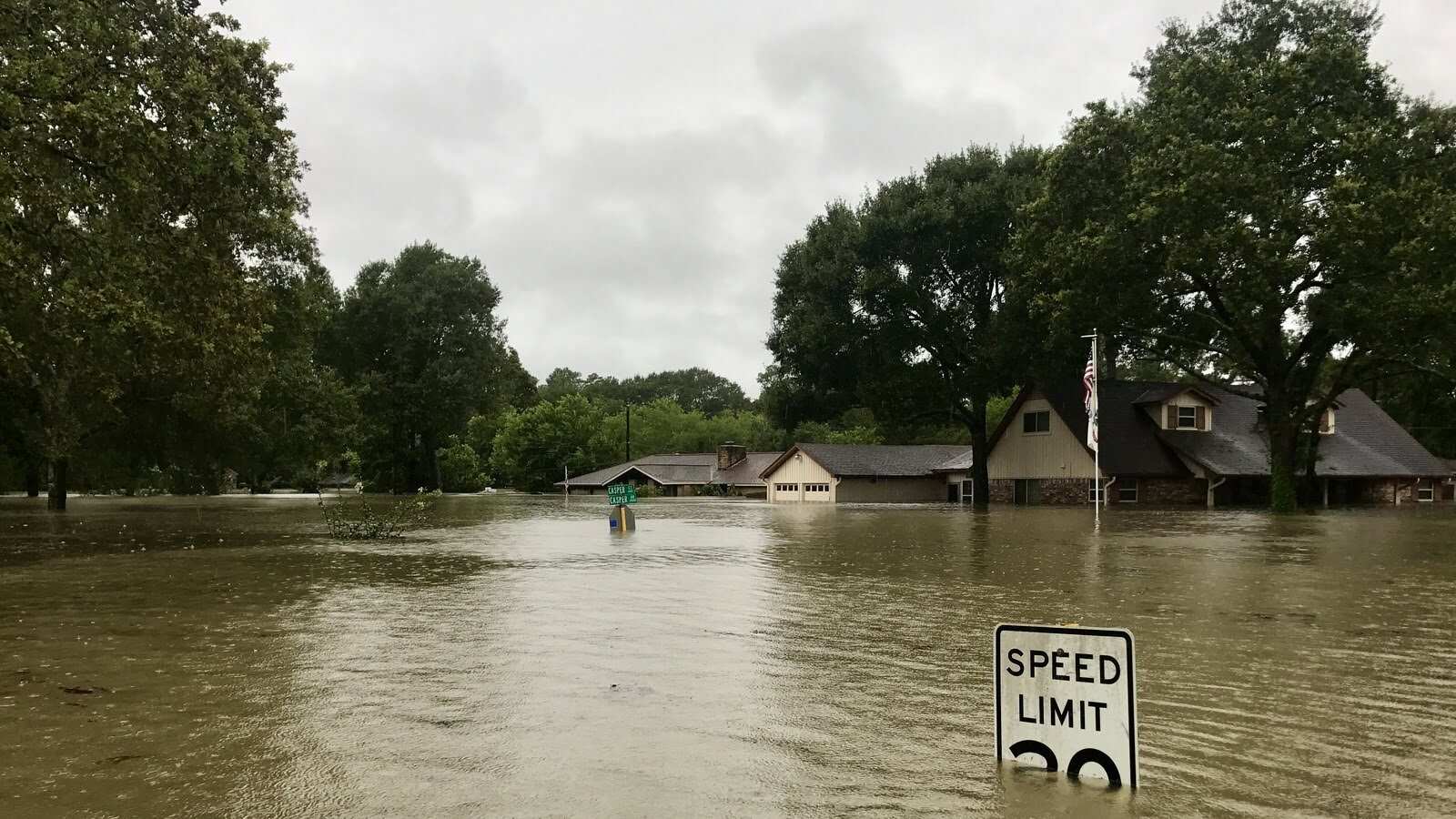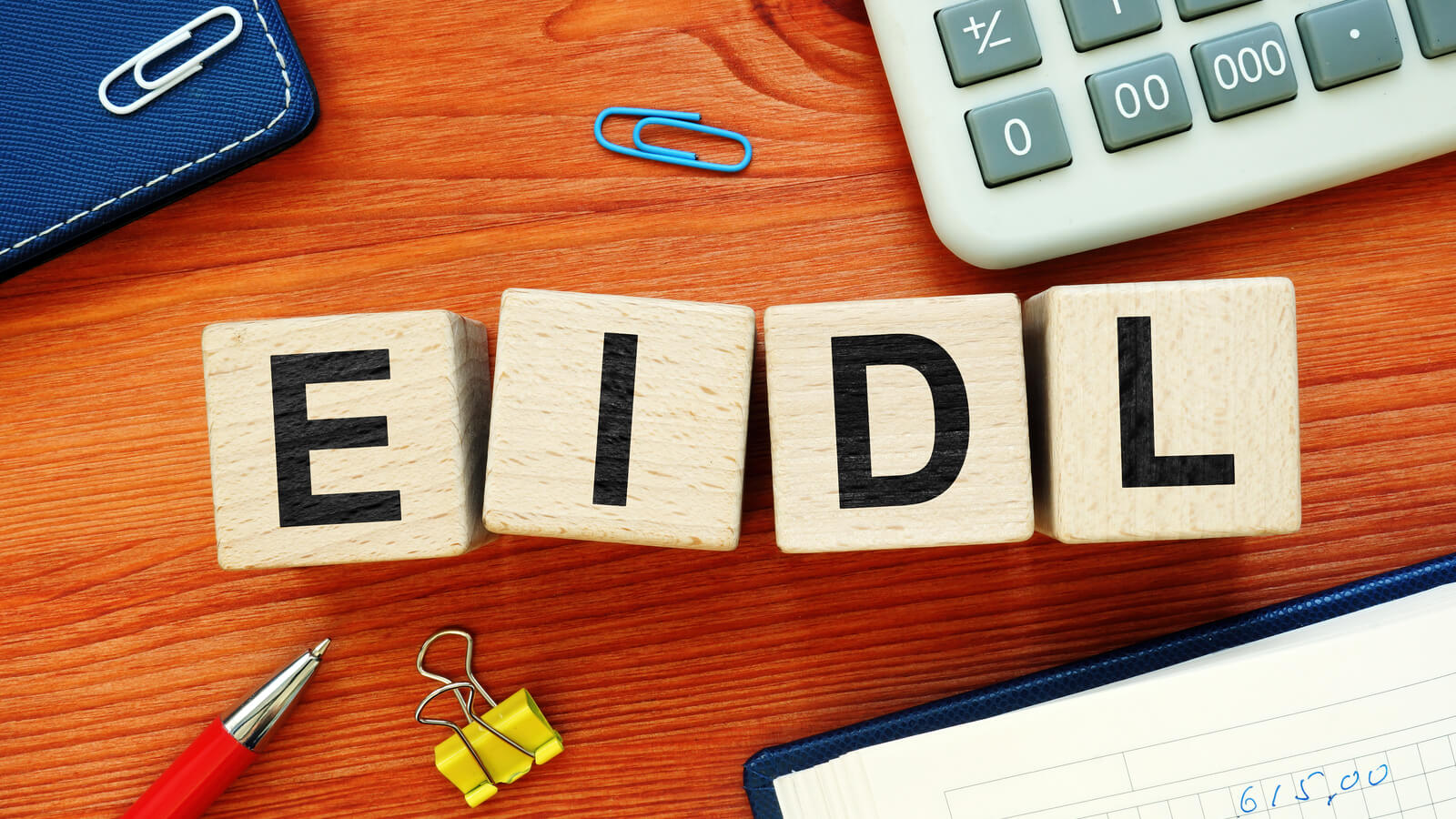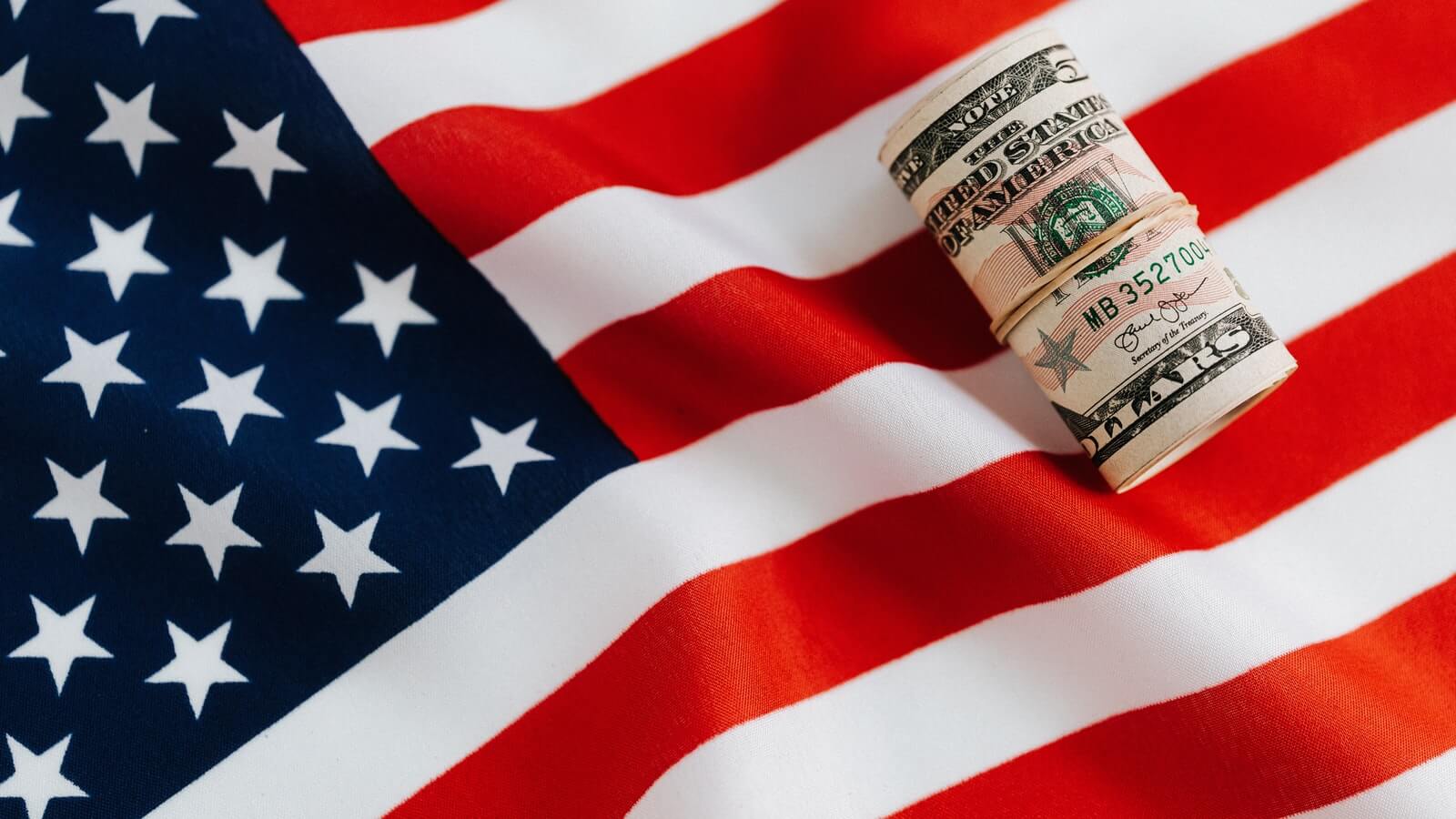Yes. Your business may qualify for an Economic Injury Disaster Loan (EIDL) or a Paycheck Protection Program (PPP) loan.
Among the hardest hit during the coronavirus pandemic are the small businesses that have lost their revenue sources and do not have the financial resources to weather the storm. In this case, the federal government’s Small Business Administration (SBA) Economic Injury Disaster Loan (EIDL) can help a business make it through these trying times.
Normally, these loans are only available to small businesses located in a designated disaster zone, like areas hit by hurricanes, wildfires or tornadoes. However, in the case of the coronavirus emergency, all 50 states, Puerto Rico, Guam, and the Northern Mariana Islands have been declared disaster zones for purposes of qualifying for EIDLs.
What is an EIDL?
Economic Injury Disaster Loans have the following characteristics:
- Maximum amount: $2 million
- Interest rate: 3.75% (2.75% for nonprofits)
- Maximum term: 30 years
- Loan guarantees: None required for loans under $200,000. Loans of $200,000 or more must be guaranteed by any owner of the business having a 20 percent or more interest in the business
- Advance disbursements: Where the need is urgent, a borrower may request an advance disbursement of up to $10,000 to be used for authorized expenses. If the loan is not approved, the advanced payment is not repayable
Applications can be submitted online at SBA.gov or at a local office. For help with applying for an Economic Injury Disaster Loan, call 800-659-2955 or email disastercustomerservice@sba.gov. You can also use a text telephone by calling 1-800-877-8339.
What is a PPP loan?
The CARES Act authorized a Paycheck Protection Program that offers loans to businesses in response to COVID-19. These loans can be forgiven if you meet certain conditions.
To qualify for this program, the business must not have more than 500 employees or the maximum specified by the SBA. There is an exception for accommodation, food services and drinking places with multiple locations where each location cannot have more than 500 employees. Special rules apply to franchisees.
The following are the characteristics of Paycheck Protection loans:
- Eligibility: Partnerships, corporations, sole proprietorships, tax-exempt nonprofits, qualified veterans’ organizations and certain tribal businesses
- Maximum amount: $10 million, non-recourse
- Loan fees: None
- Amount limit: 2.5 times the average monthly payroll prior to the pandemic plus any other debt that is approved for refinancing
- Maximum interest rate: 4%
- Loan guarantees: Waived, no collateral requirements
- Payments: Deferred during the crisis from six to 12 months
- Employee Retention Credit: A Paycheck Protection Loan makes an employer ineligible for the Employer Retention Credit created in the CARES Act
- Certification: The applicant is required to certify that the loan proceeds will be used to support ongoing business operations, including keeping workers and making payroll, mortgage, lease and utility payments.
The bottom line
There are plenty of financial resources for small businesses in response to COVID-19. A couple of those are the Economic Injury Disaster Loans and Paycheck Protection Program loans.
They have different qualifications, loan terms and tax implications — so talk to your tax advisor before applying for one of these loans.
Have any questions about your business’ coronavirus aid? Contact DiMercurio Advisors today for free or visit our COVID-19 resource center that covers the latest financial news surrounding the pandemic.







